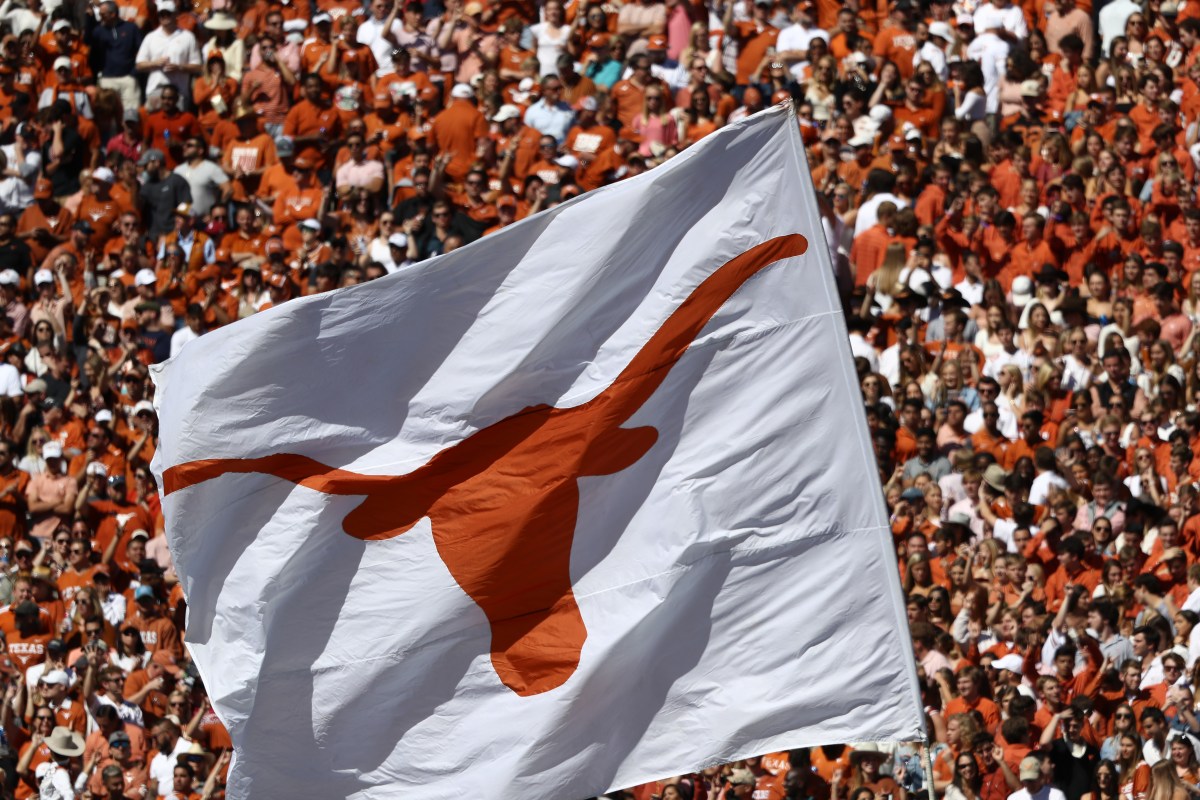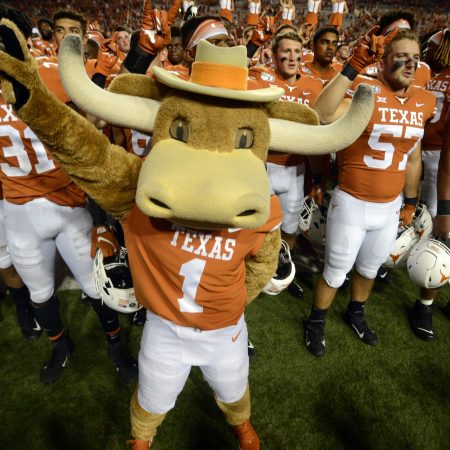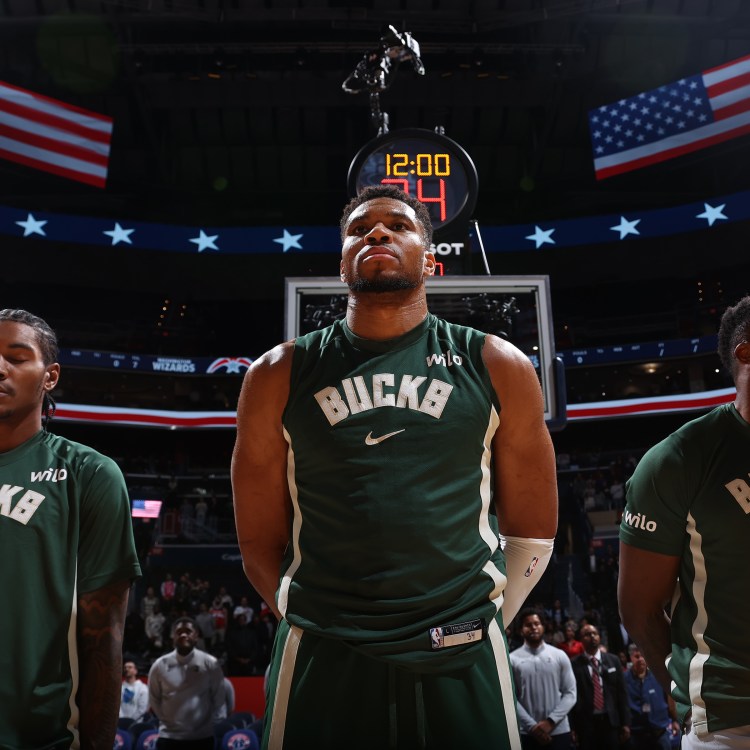As protests continue across the country for racial equality and an end to police brutality, conversations on the same subjects have given way into concrete action at one college campus in the South. At the University of Texas, Longhorns athletes are using a portion of their leverage to enact change around the campus, by requesting both that certain campus buildings get new names and that the school stop using “The Eyes of Texas” as its fight song.
Why the request to change the song? There appear to be two reasons, one about its history and one about its lyrical content.
The history one is simpler: the song was written by John Sinclair in 1903, putting the Texas-centric lyrics over the “I’ve Been Working on the Railroad” melody. Specifically, the line “The Eyes of Texas are upon you/ You cannot get away” is said to be directed at slaves trying to escape from their owners.
I've been told over the years by a few former Longhorn athletes that they didn't sing the Eyes because of the racial overtunes. One remarked that the part that says "you cannot get away" was aimed at slaves who tried to escape their slavemasters. https://t.co/ro3oud2LB9
— Cedric Golden (@CedGolden) June 12, 2020
That already problematic history is doubled by the reality of how the song came into being: Sinclair’s first performance of the song was at a minstrel show, complete with blackface. It’s no surprise then that the Longhorns athletes requested that the school drop “The Eyes of Texas.”
The campus buildings request is more straightforward; in the statement shared by several players on Twitter on Friday, they listed four buildings that bear the names of Confederate or racist significance, and so the athletes would like those changed.
✊🏾 “What starts here changes the world” #WeAreOne pic.twitter.com/pimHqdhFSs
— 🦅 (@_BrennanEagles_) June 12, 2020
Among the other changes around the campus itself is the request for a permanent black athletic history exhibit at the school’s Hall of Fame, and the renaming of a portion of the school’s football stadium, Darrell K Royal–Texas Memorial Stadium, after Julius Whittier, the first black football player at the University of Texas.
According to ESPN, if these changes do not come to pass, the athletes will still participate in all team activities, but “will not be participating in the recruitment of incoming players or other alumni events,” both of which are key methods for universities to extract even more value from their star players.
Subscribe here for our free daily newsletter.
The Charge will help you move better, think clearer and stay in the game longer. Subscribe to our wellness newsletter today.
















